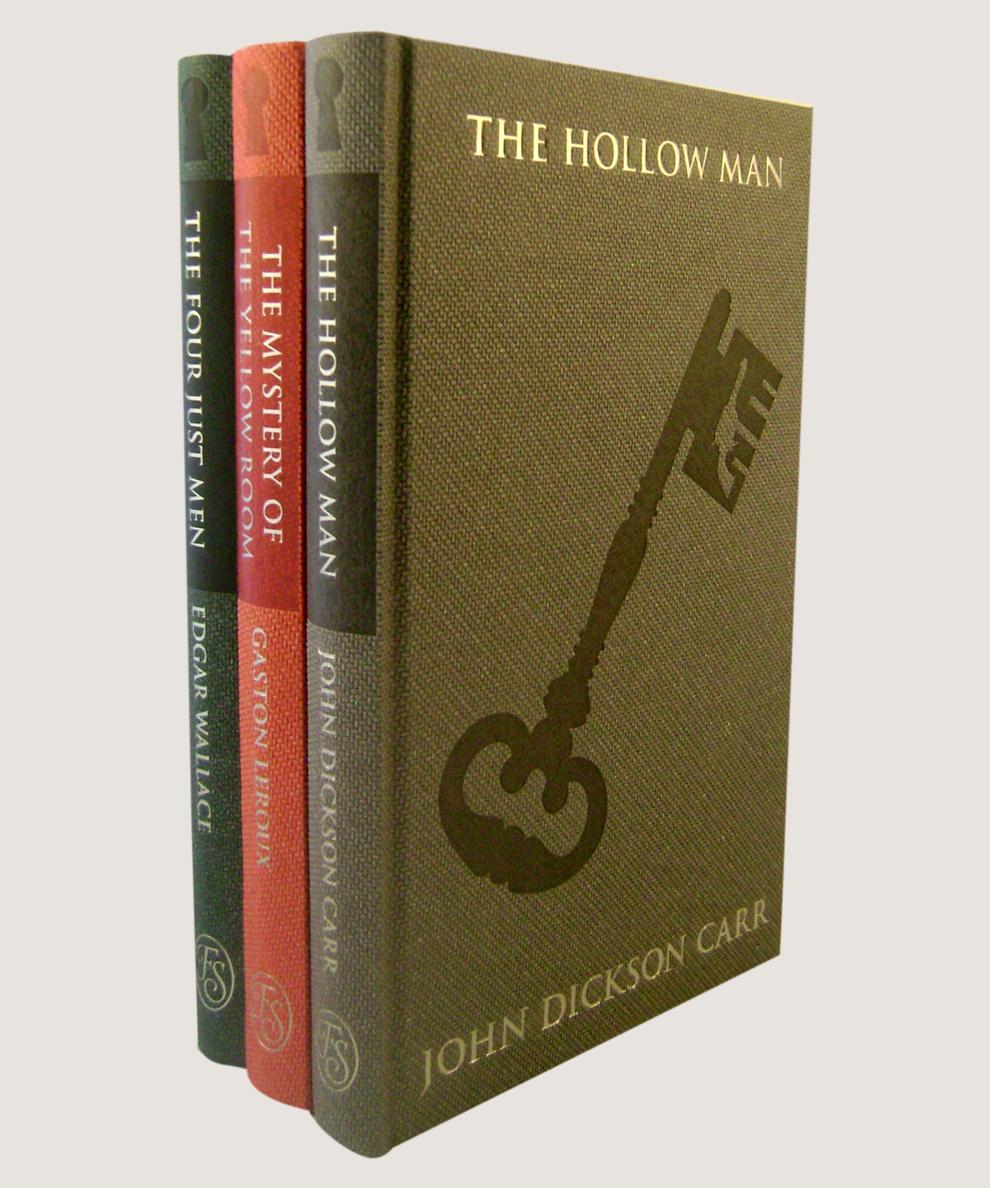

He ran the FJM serial competition in the Daily Mail but failed to include any limitation clause in the competition rules restricting payment of the prize money to one winner only from each of the three categories. Though he knew he needed the book to sell sufficient copies to make £2,500 before he saw any profit, Wallace was confident that this would be achieved in the first three months of the book going on sale, hopelessly underestimating the expenses.Įnthusiastic, but without any substantial managerial skill, Wallace had also made a far more serious error. Wallace had advertisements placed on buses, hoardings, flyers, and so forth, running up an incredible bill of £2,000.


His alarmed workmates at the Mail prevailed upon him to lower the prize money to £500: a £250 first prize, £200 second prize and £50 third prize, but were unable to restrain him in the privacy of his home. He approached the proprietor, Lord Northcliffe, for the loan of the £1,000 and was promptly refused, but Wallace pressed ahead anyway. Wallace intended to advertise the book on an unprecedented scale, not just in Britain itself but across the Empire.

He had to create his own publishing company, Tallis, to publish it and decided to manage a 'guess the murder method' competition in the Daily Mail with a prize of £1,000 (equivalent in purchasing power to at least £93,000 in 2013). The eponymous "Just Men" appear in several sequels.Įdgar Wallace formed the idea of The Four Just Men - four wealthy gentleman vigilantes (including a European prince) who punish wrong-doers who are beyond the reach of the Law – while returning to England in 1905. The Four Just Men is a detective thriller published in 1905 by the British writer Edgar Wallace.


 0 kommentar(er)
0 kommentar(er)
